Resilience and failure: how to get back up after you have fallen
“We can do hard things… The practice of continuing to push forward, even when it is hard, is a choice…The difference between those who can keep getting up after adversity and those who struggle with it is knowing how to draw on this resource (resilience) in times of need…” Dr RHD
I just finished listening to a webinar on resiliency as part of the Dietitians of Canada National Conference, this year being held online. Dr Robyn Hanley Defoe, a multi-award winning psychologist, was a masterful and engaging speaker, leaving me thought-provoked and hungry for more. When the world is working its way through a global pandemic, her talk on resiliency could not have come at a better time!
*When referring to Dr Hanley Defoe, I will use the short form that she used in her presentation Dr RHD
I wanted to share some highlights of her session on resiliency, because if there was ever a time to think about how to get back up after falling (resiliency), now is the time. For many of us, we have fallen. Our jobs, our finances, our routines, our goals, our lifestyles have all taken a hit through Covid-19. Dr RHD’s session provided me with just the sense of hope that I am looking for as I struggle with all that I have lost in Covid-19.
“We are hard wired for struggle… It is in our DNA to be responsive and nimble…We know how to struggle and we know how to get to the other side.” As we continue in this Covid-19 pandemic, I found Dr RHD’s words to be comforting. Restrictions, a lack of control, a lack of normal – it is hard….and we will get through this. Both are true.
Dr RHD then went on to outline the 5 core traits of resilience, based on her research. As you read these, think about where these areas are in your life and how you could bolster some of *these* areas as you think about getting back up.
Resilience: What influences your ability to get back up after you have fallen?
Dr RHD outlined 5 Core Traits of Resilience, based on her research.
- Your sense of belonging – where are you rooted? What communities are you are part of that contribute to your sense of belonging? For example, family, your profession or your cultural groups. These groups help us to feel as though we have a safe place to go and return to. As you think about your life, who is in your corner? Who is on your team? How can we protect our identify, and also protect them so that we aren’t taking our struggles out on them.
- Perspective taking – How can you keep alignment between your head and your heart? How do you stay focused? How do you stay disciplined for wellness and productivity during a crisis? How can you shift how you see things to stay aligned in what you do and what is important to you?
- Acceptance – This is the capacity to identify what is within my control? What is not within my control? How do we move forward when we have to let go of some things? Dr RHD discouraged asking why questions. Why did this happen? Why did I do that? Asking yourself questions that start with “why” indicated that you are stuck in the past.
Let go of “why” questions. Instead, ask these questions:
- What is your next step?
- Where do you want to go from here?
- Who should you talk to?
Dr RHD also encouraged the use of persist, pivot or punt….
- Persist – Can you keep going?
- Pivot – Can you look at this situation in a different way?
- Punt – can you send what you are concerned about down the field? You don’t have to figure out today.
- Hope – Choose to be hope-filled. How can you practice optimism in this crisis? Where do you find your hope? Having hope is crucial for your families and communities. Protect morale.
- Humour – Humour is essential as it provide pockets of joy. Seek out good news stories.
Resilience: When you fall, how do you get back up?
Dr RHD went on to describe the Resiliency Trajectory Model. She showed a graph outlining resiliency before an event, then adversity happens, after which there is a decline phase, an adapt phase, and a reclaim phase where we are ready to take parts of our life back. Learning that is happening. Finally, there is the rise phase where we were able to take parts of our life back.
I found this model was a fascinating description as I could see myself having gone through these different stages. This Model also provides insights into diversity and how we are all in different stages of our own resilience journey.
Resilience: What gets in the way of us rising back up after we fall and how do we navigate through?
Dr RHD described that some stress in our lives is actually good. We need some stress but in right dosage . Too little (calm) or too much stress (distress), is not optimal.
Another factor that prevents resilience is getting stuck in stress. The hormone adrenaline is pumped out during times of stress. Too much stress will eventually lead to fatigue, exhaustion, ill health, breakdown, and/or burnout.
What helps us move through stress? (what facilitates resilience)
- Movement – Be in motion because that is what feels good. Walk. Joyful movement, not punitive exercise.
- Crying – You know, the kind of cry where you cheeks are red and you have snot barreling down under your nose.
- Eating carbohydrate – According to Dr RHD, eating carbohydrate helps to reduce stress. They help to metabolize cortisol. This stress behavior of eating carbohydrates is not misbehavior. This is our bodies craving a way to get rid of stress. We have all observed this – the bread making, the baking and shortages of yeast.
What little habits will help us survive during uncertain times?
We are all leaders, whether of ourselves, our families, our communities or in our workplaces. Dr RHD outlined 7 micro-habits that help us lead during uncertain times:
- Manage your expectations.
- Adjust schedules and have flexibility. This helps us to feel a sense of control and influence in our own lives.
- Have a day map. This day map includes both a “to do” list and “to be” list. What do you want to get done. How do you want to be list? Items on your to be list might include: be patient, be kind, be open.
- Identify one main productivity block per day and get what you can get done in that block.
- Have confidence in chaos. Regardless if you are a leader of yourself, your family, and/or in your career, be clear, direct, and calm.
- Have an end point in your day. When is the work done?
- Set your word of the day. Pick a word – patient, impact, quality. This word will guide principles of how you do and be.
Supporting your mind, body and spirit during uncertain times
Dr RHD went on to outline 8 micro-habits that support you wellness (mind, body, spirit) during uncertain times:
- Wellness doesn’t wait for Mondays. Include micro-habits each day. Wellness is the results of simple decisions we make every day. Get back to wellness. Don’t’ wait for Magical Monday.
- Book end your day. Protect first hour of the morning and last hour of day with routines and rituals that make you feel positive.
- In the morning, create ritual and routine that helps you feel positive, and get in right head space. You are in control of the energy of the first hour of the day. For example, drink water, meditate, get moving, make your bed. Do not check email as email is a collection of everyone else’s agenda for the day. I am sure that checking social media probably fits in this category too.
- Last hour the day – create a ritual around bedtime. Build rituals so it is something you look forward to. Unwind. This means no emails, no work, and being careful with social media. I have some work to do here.
- Be in motion. Move your body because it feels good, not because we are punishing ourselves. Take a stretch break. Be in motion.
- Look for good news stories and share
- “You cannot hate yourself healthy. Do not punish yourself into wellness.” Dr RHD.
We wait for evenings and weekends for repair. Instead, commit to taking care of yourself every day by including simple practices of wellness, every day.
- Connect with nature. Nature teaches us seasons and resiliency. Nature shows us how to get back up after hard times.
- Protect your peace with extreme-ownership. You are the only one who can do this heavy “heart” work. We are responsible for our own authentic wellness. Find and create calm and structure.
- Think of your self-care as self-preservation – Self-preservation is the work we do to honour ourselves – and it is important! It isn’t optional. It is necessary.
Successful people are those with successful, positive habits. Approach this from a self-preservation mindset.
Be intentional about your life after Covid
“In the rush to return to normal, let’s use this time to consider which parts of normal are worth rushing back to”. Dave Hollispic
We get to decide as we re-enter our lives after Covid. How will you be intentional about your return to normal? Think about your:
- Sense of priorities
- Sense of Purpose
- Pace – How will you go about living. Slowing down is within your control.
What are you using to guide your behaviour and focus so you know you can get through this season of uncertainty?
Final thoughts on resilience
Dr RHD finished with a few powerful quotes that have relevance to all of us as we go through this pandemic and life in general:
- Remember, “I can do hard things.” Dr RHD
- “Be stubborn about you goals and flexible about your methods!” Dr RHD
- Those who have a “why” to live, can bear with almost any “how” Viktor Frankl. Discover what is important to you.
For more information about Dr RHD’s fascinating work or to get in touch with her, go to her website at https://robynehd.ca
Tagged in: Calgary Dietitian, Calgary Nutritionist, Covid-19, eating habits, goal setting, goals, habit change, habits, lifestyle, midlife nutrition, midlife wellness, nutrition, relapse, resilience
2 Comments
Leave a Comment
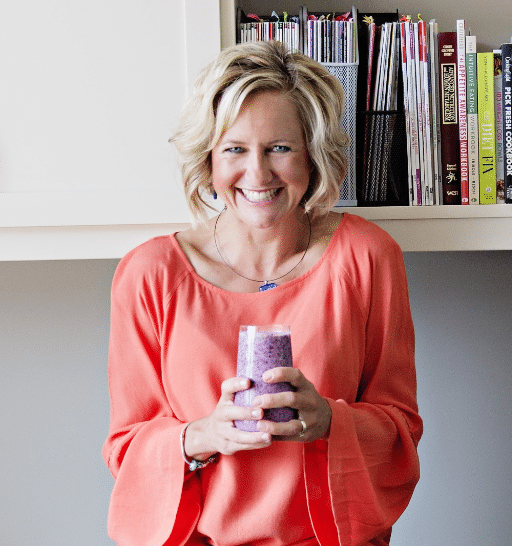

Welcome to the Energize Nutrition blog, where we share evidence-based nutrition content, designed to empower people’s midlife. Take a look around to find information on feeling your best.
If you need more individualized support, reach out to set up a free discovery call with Kristyn Hall.
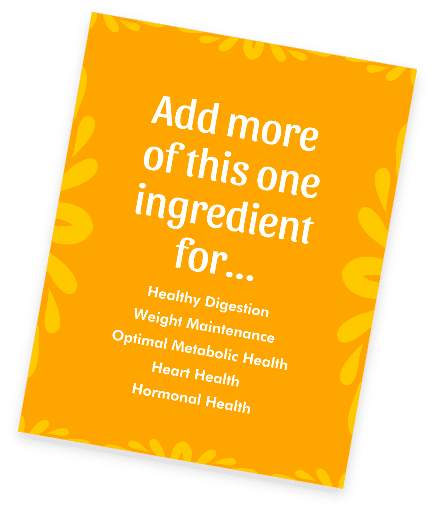
Battling chronic hunger, poor energy, or inflammation? Discover what this powerful ingredient is and why it might be the solution!
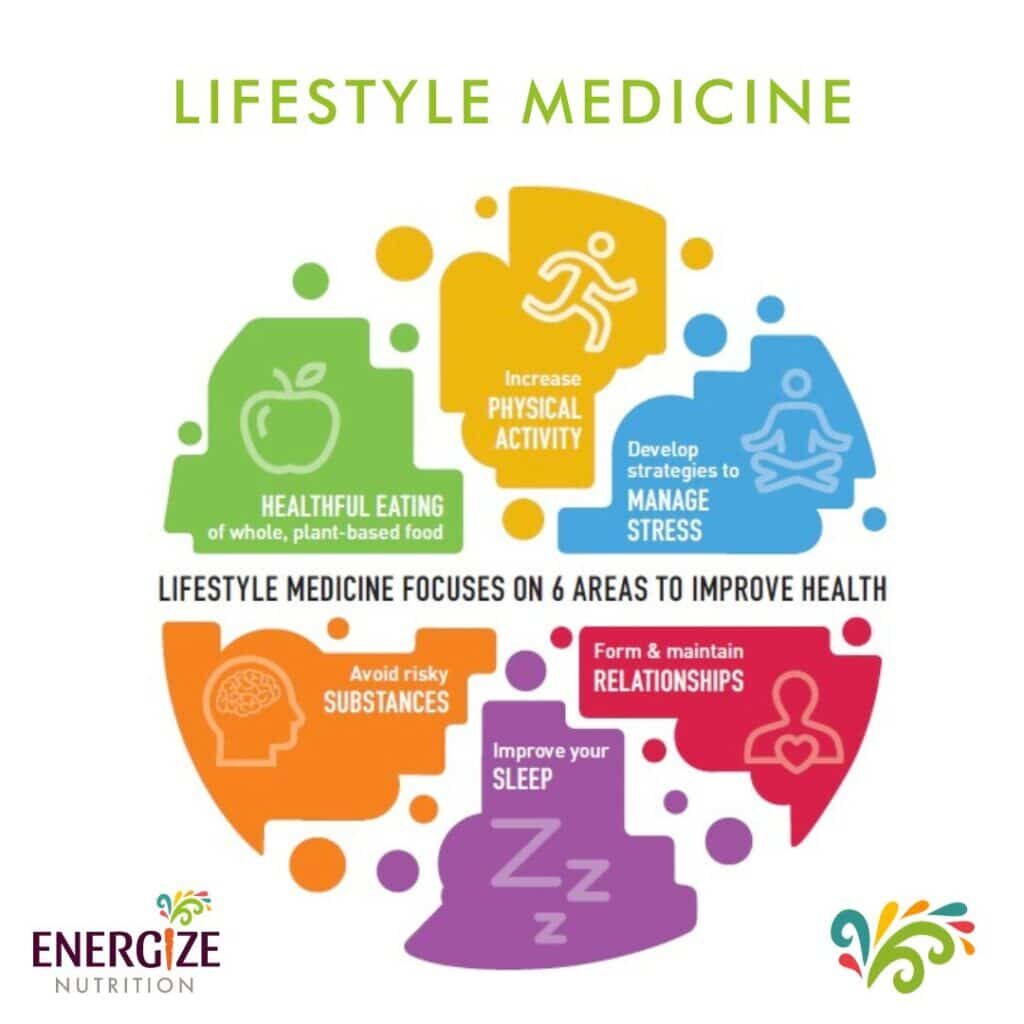
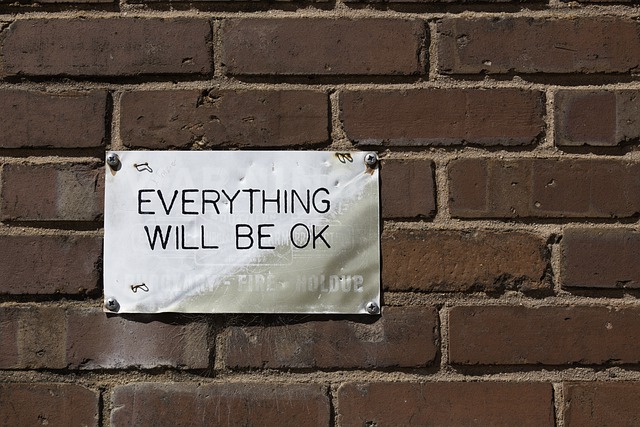
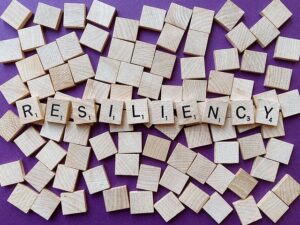
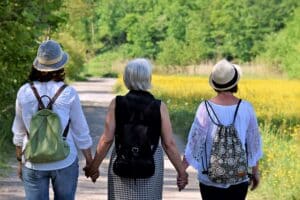
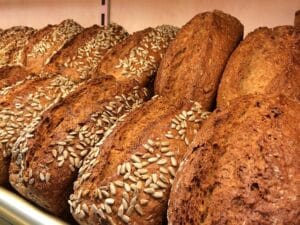
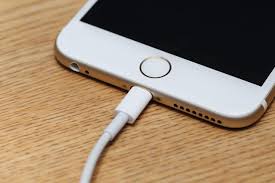
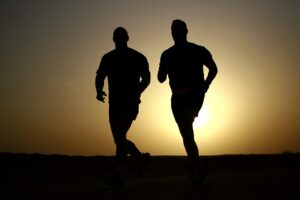


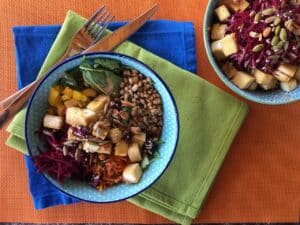
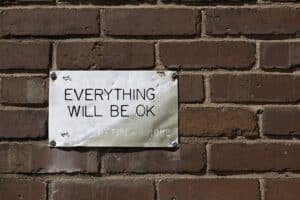

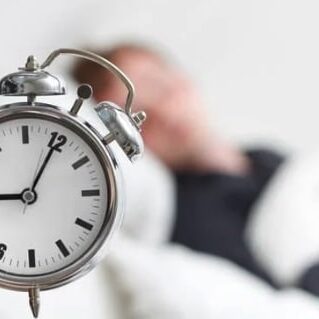

Excellent article! Thank you for sharing this and for all of the great articles you regularly share. I can always feel your warmth and genuine encouragement in everything you share.
Thank you for taking time to review this summary. I believe in the power of mindset as the foundational aspect from which we build healthful habits. I am so glad you enjoyed the summary as much as I enjoyed Dr RHD’s session. She truly was inspirational and her message of hope is so important, especially right now.